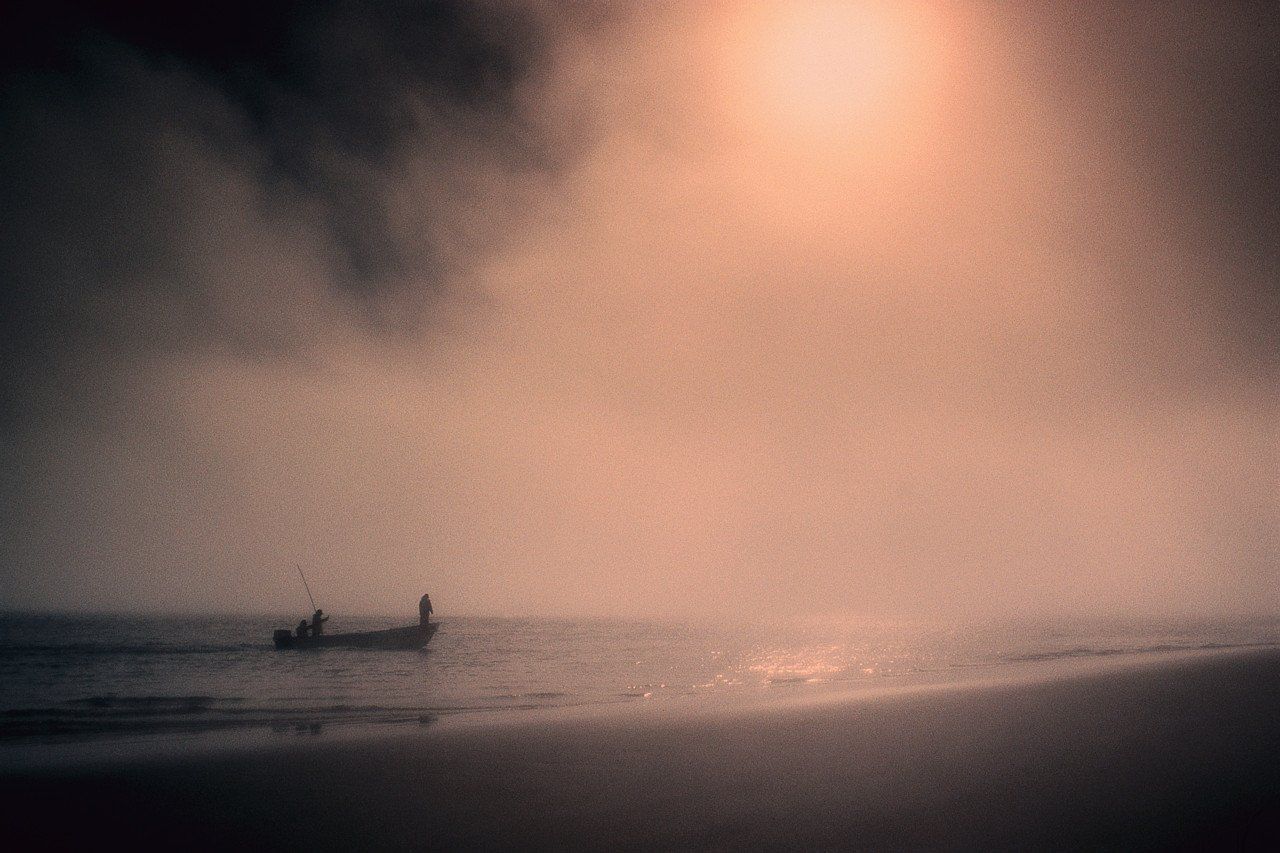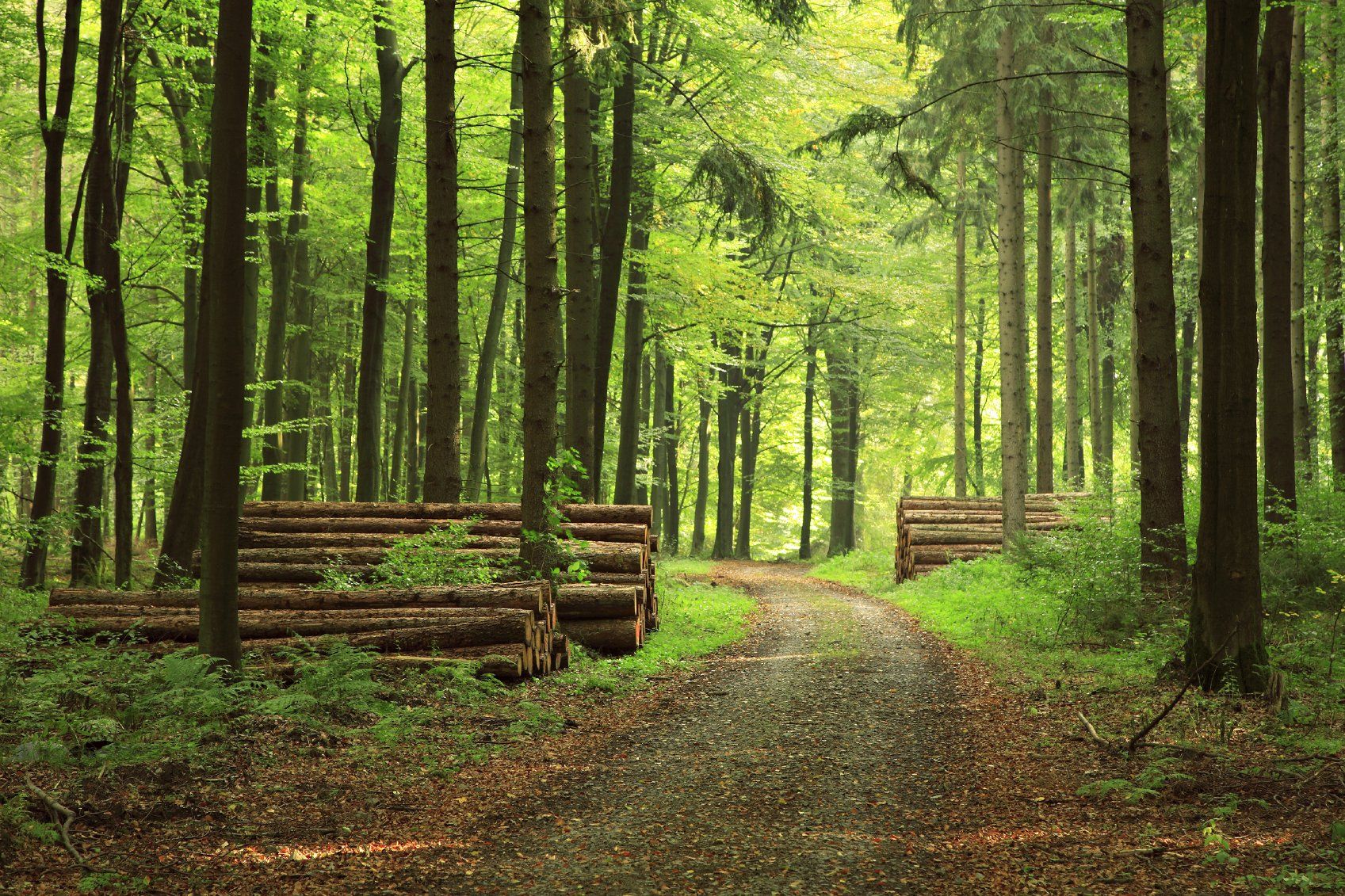Commit to Lifelong Learning
"perpetuam uitae doctrina!"
"Live as if you were to die tomorrow.
Learn as if you were to live forever." Mahatma Gandhi.

Did You Know This?
"So, what should I learn about?"...you ask!
Short answer! "...anything!"

Looking for an interesting topic to pursue?
Enrich your lifelong learning journey - Grab some ideas right off this page!
Did You Know This ...?
Table of Contents
1). Did you know this, about ocean pollution?

The ocean is an essential part of our planet, and the health of our oceans is critical to our survival.
Unfortunately, ocean pollution is a growing problem with devastating consequences.
From garbage to chemical pollutants, ocean pollution poses a serious threat to marine life, coastal communities, and ultimately our own lives.
Let's look at the sources, effects, and solutions of ocean pollution so we can better understand the harmful truth about ocean pollution.
Take a deeper dive!
As part of your Lifelong Learning adventure, why not drill down into this subject and see if it might be something that holds your interest?
2). Did you know this, about world garbage challenges?

The world is facing a serious problem when it comes to the disposal of waste.
As the population continues to grow, our reliance on disposable items and other forms of garbage increases, leaving us with a major challenge when it comes to managing our rubbish.
Let's take a closer look at the global garbage disposal problem and examine some of the ways we can tackle this issue. From reducing our consumption to finding more efficient ways of disposing of rubbish, we’ll explore the various methods of dealing with rubbish removal woes.
Take a deeper dive!
As part of your Lifelong Learning adventure, why not drill down into this subject and see if it might be something that holds your interest?
3).
Did you know this, about global forestry issues?

According to the United Nations Department of Economic and Social Affairs; "Global Forest Goals Report 2021":
Forests cover 31% of the earth's land (an area of over 4 billion hectares.
93 % of the world's forests are natural and 7% planted.
Forest ecosystems are the largest terrestrial carbon sink absorbing roughly 2 billion tonnes of CO2 each year.
Every year we lose 10 million hectares of the world's forest.
75% of emerging infectious diseases are zoonotic and usually occur when natural landscapes like forests are cleared.
Plant-based medicines account for 25% of medicinal drugs in developed countries and up to 80% of medicinal drugs in developing countries.
Being in a forest, or near trees, can boost immune systems, lower blood pressure, reduce stress, improve mood and relaxation.
The world’s forests are under threat from deforestation, pollution, and climate change. These green spaces provide vital resources to the planet and its inhabitants, so we must take steps to conserve them. Let's explore different ways we can protect world forests from further destruction and ensure their continued health and prosperity.
Take a deeper dive!
As part of your Lifelong Learning adventure, why not drill down into this subject and see if it might be something that holds your interest?
4). Did you know this, about world hunger challenges?

World hunger is a grave issue that affects millions of people around the globe. The fact that 821 million people go hungry every day is a sad reality that cannot be ignored. The consequences of this dire situation are severe and long-lasting.
Hunger can lead to malnutrition, weakened immune systems, and increased vulnerability to diseases. It can also have economic and social implications, as it reduces the productivity of individuals and negatively affects their quality of life.
Let's delve into the devastating consequences of hunger and the challenges that the world faces in tackling this crisis.
Take a deeper dive!
As part of your Lifelong Learning adventure, why not drill down into this subject and see if it might be something that holds your interest?
5). Did you know this, about Geography?

Merriam-Webster's Dictionary defines geography as:
"a science that deals with the description, distribution, and interaction of the diverse physical, biological, and cultural features of the earth's surface."
Geography is generally divided into three major branches and several sub-branches.
The major branches are:
Physical Geography,
Human (Cultural) Geography and
Technical Geography.
"Physical geography is a branch of geography that focuses on the spatial characteristics of natural processes, within the hydrosphere, biosphere, atmosphere, and lithosphere." Source: WikipediA.
"Human geography or anthropogeography is the branch of geography that studies spatial relationships between human communities, cultures, economies, and their interactions with the environment. It analyzes spatial interdependencies between social interactions and the environment through qualitative and quantitative research methods." Source: WikipediA.
"Technical geography is a branch of geography that focuses on the technology and methods used to obtain, store, process, analyze, and visualize spatial information."
Source: WikipediA.
The primary sub-branches are:
- Demography
- Economic Geography
- Biogeography
- Hydrology
- Political Geography
- Urban Geography
- Climatology
- Meteorology
- Geomorphology
- Cartography...
Please note that these sub-branches (categories) are not exhaustive.
Scholars have further divided the major categories into a multiplicity of other sub-categories (not shown here).
Geography is a fascinating discipline that prompts us to view our planet from a multitude of points of view. A study of any branch or sub-branch of geography provides us with a rich view of one, or more, aspects of the planet and its inhabitants. The subject matter is never boring and its study brings us closer to the realities of the human condition.
Geography is often mistakenly seen as simply memorizing maps and the names of countries and cities. However, the field of geography encompasses so much more than that. Understanding geography is essential for comprehending the world we live in, from the physical characteristics of our planet to the economic, political, and social factors that shape our daily lives. Let us explore the importance of learning about geography and how it impacts our daily lives.
Take a deeper dive!
As part of your Lifelong Learning adventure, why not drill down into this subject and see if it might be something that holds your interest?
